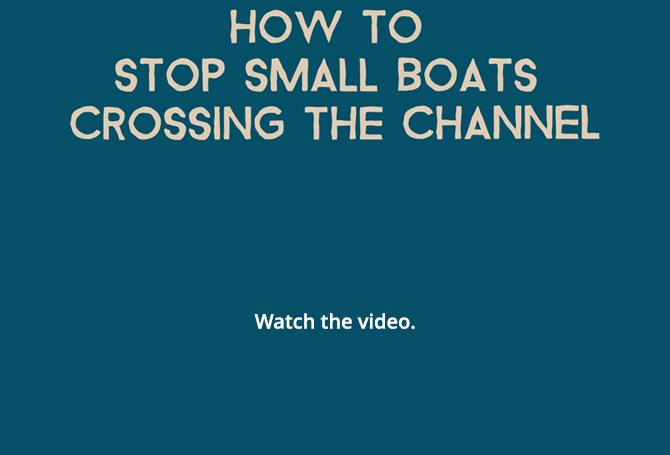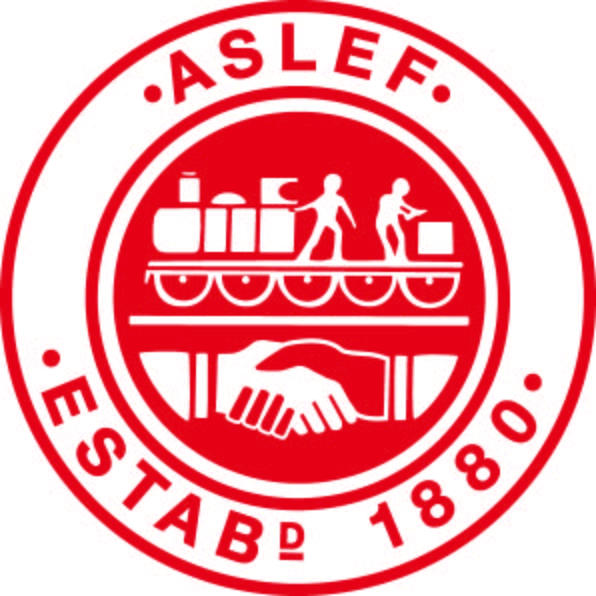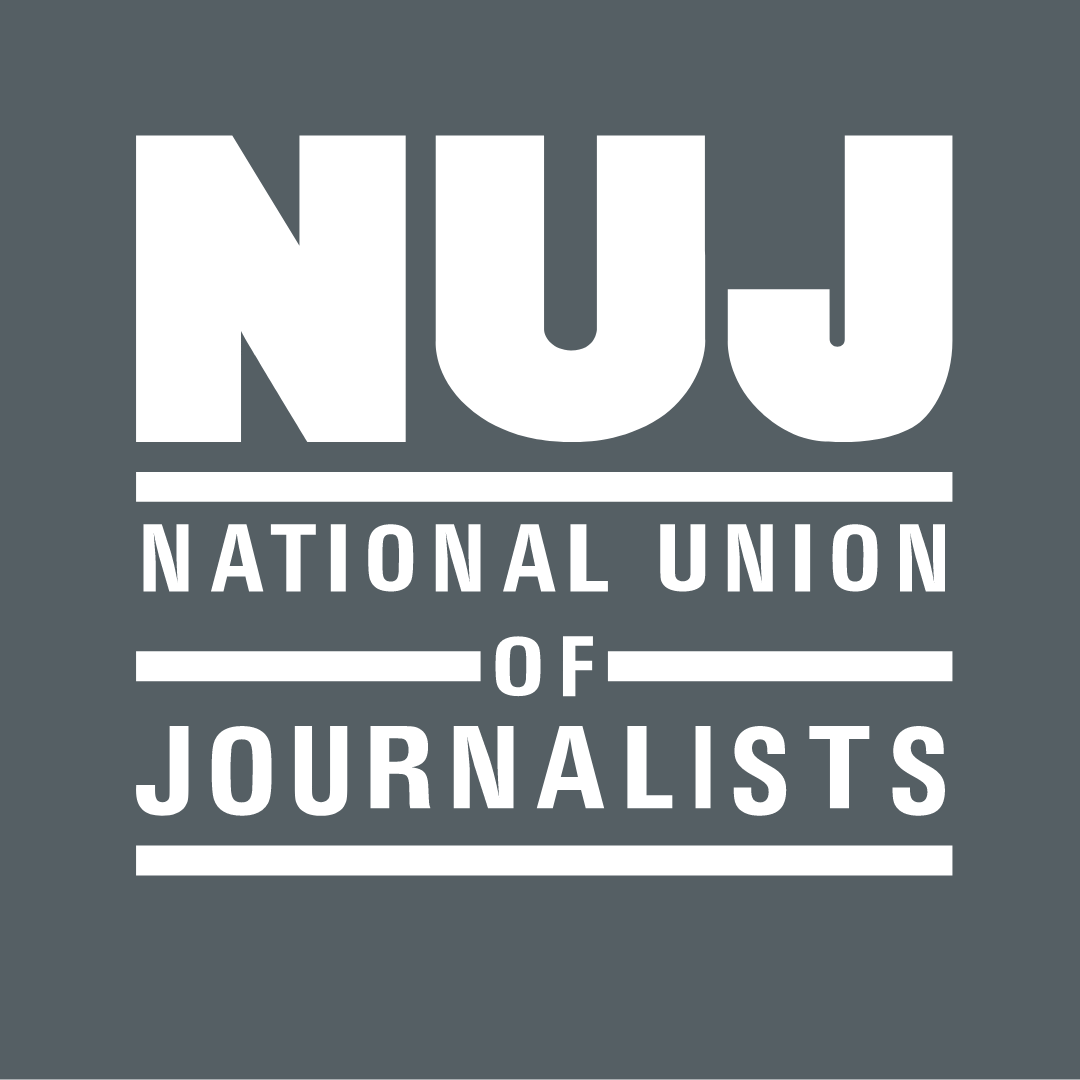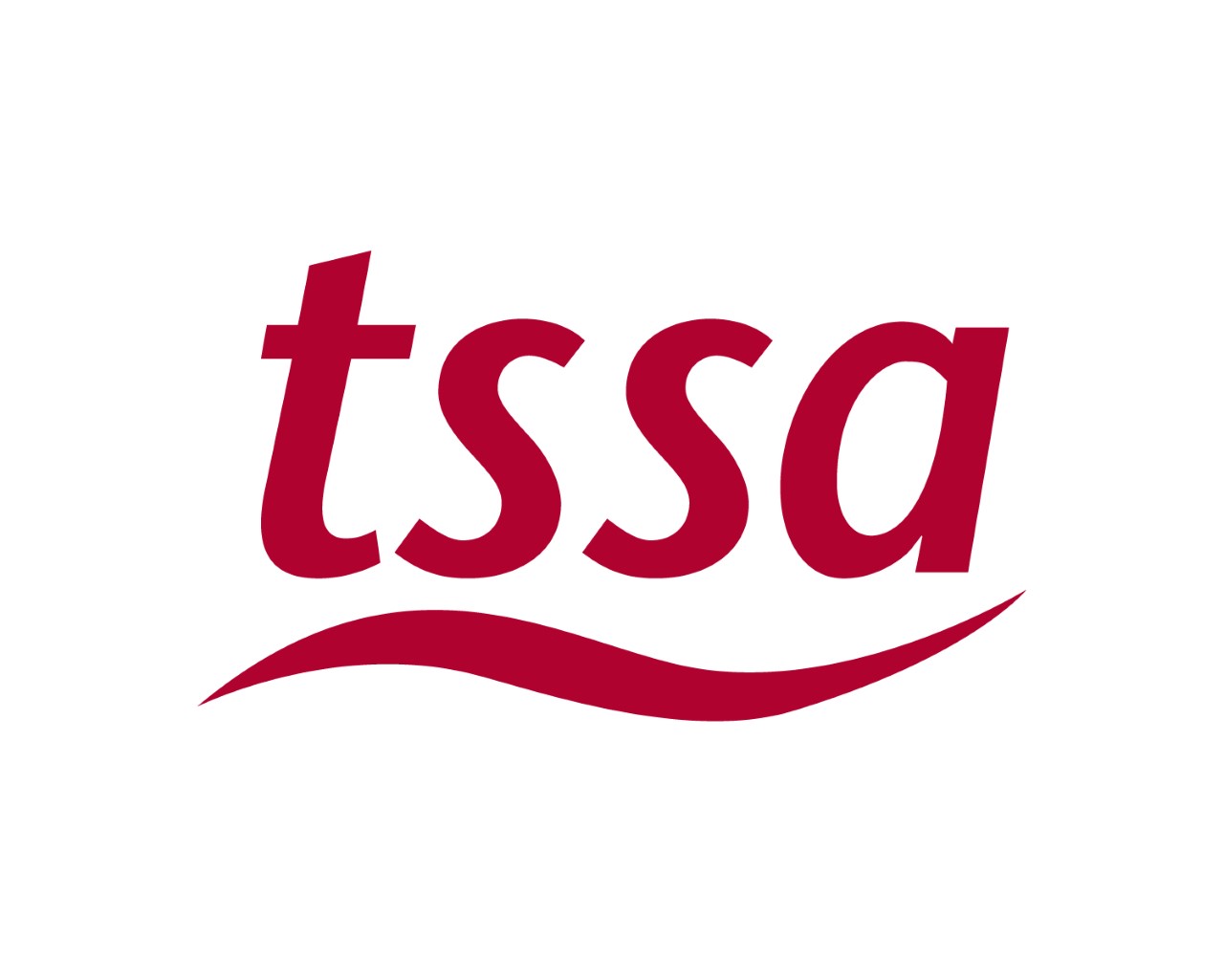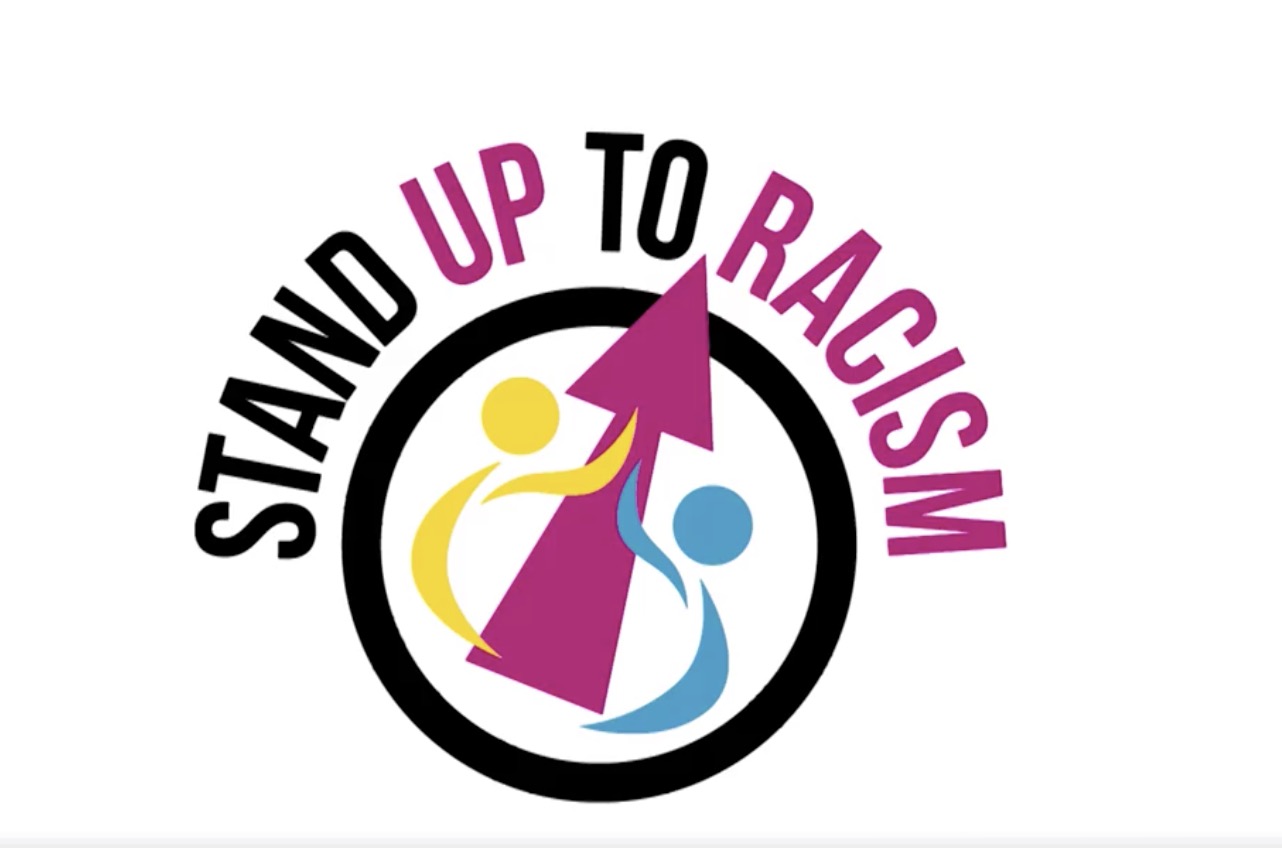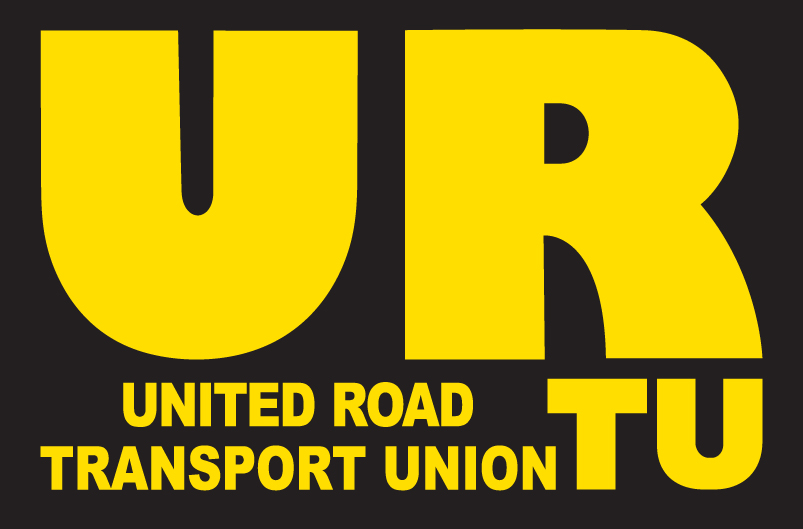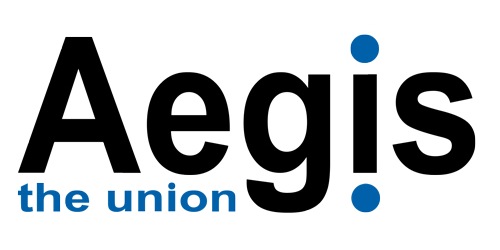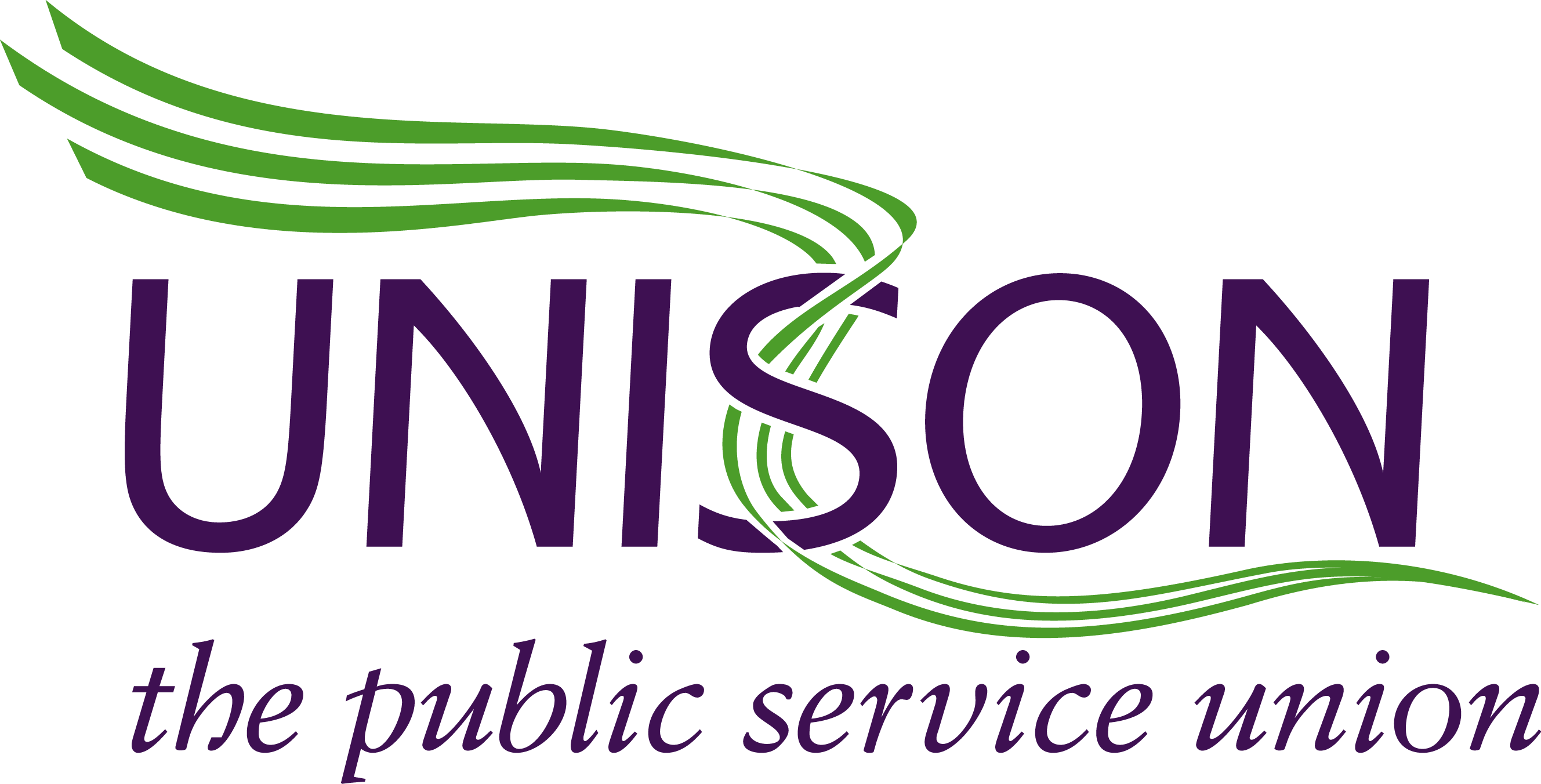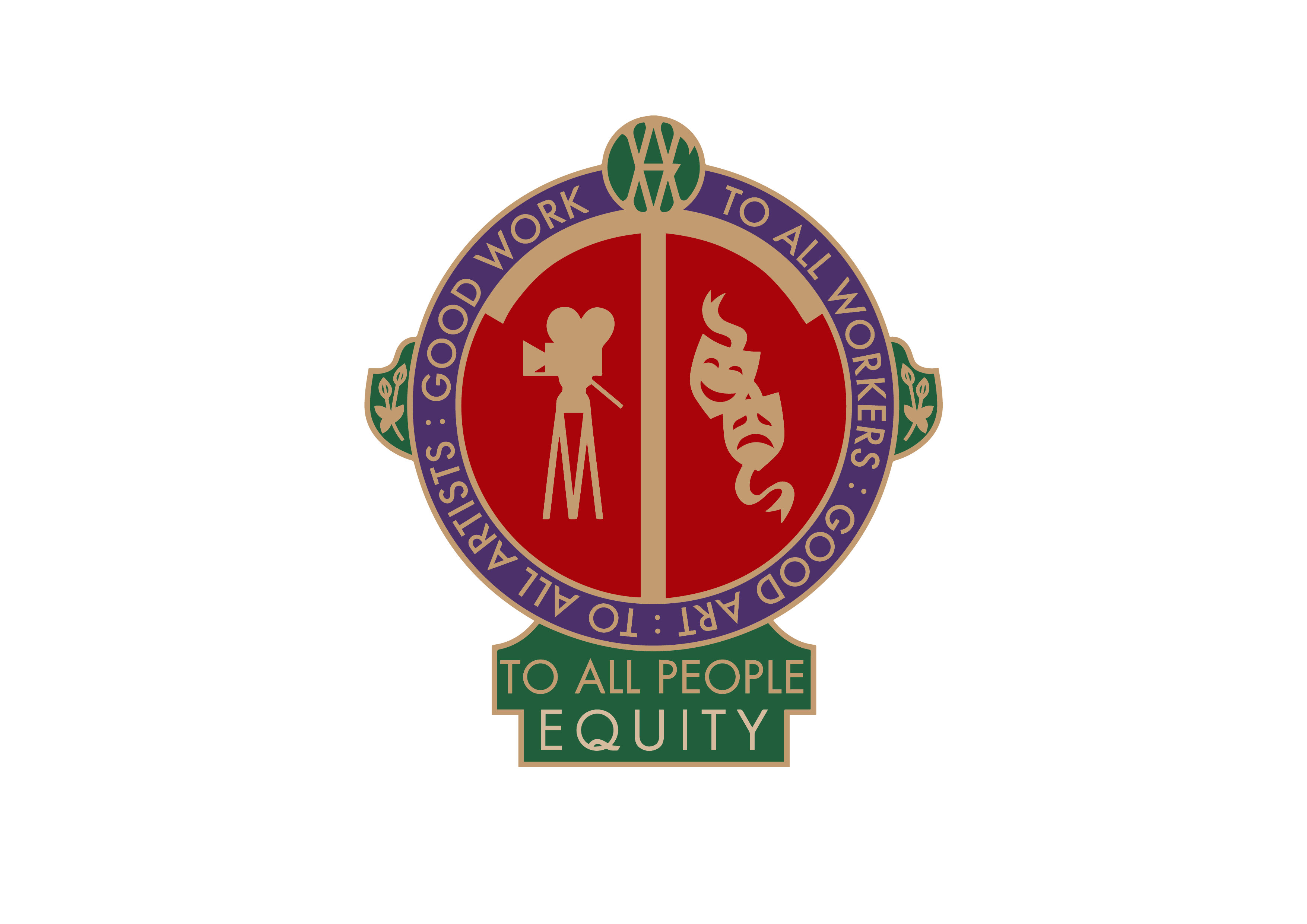Answering your questions
There are lots of myths about people seeking safety on our shores, and none of them get us any closer to a solution. Want the truth about how to stop dangerous small boat crossings? Read on…
If we gave people visas to travel safely, would more people come?
Right now, pretty much anyone who wants to, is coming anyway. They are crossing on small boats, and nothing the government has tried to control or deter this has had any effect. If we were issuing visas we would have visibility, and therefore control, over exactly who is coming. Right now, anyone can get in a small boat.
In 2022, 93% of refugees in Europe did not head to the UK to claim asylum . For all the same reasons that refugees come to the UK – family ties, community ties, belief that e.g. Germany will help - the vast majority of refugees who come to Europe claim asylum elsewhere and will continue to do so.
Are people coming from Calais ‘genuine’ refugees?
Evidence on parliaments’ website in 2021 showed that 76-86% of those who crossed the Channel on small boats were subsequently granted refugee status, meaning that they are most definitely genuine refugees. Another analysis by UNHCR concluded that the ‘clear majority’ of people arriving in the UK by small boats across the Channel should be considered to be refugees. Analysis by the Refugee Council shows that of all those who crossed the Channel in 2022, two thirds should be granted asylum when their claims are processed.
Would some visas be refused? Wouldn’t these people still get in small boats?
If a visa was denied, they would be clearly and directly informed by the UK Government that asylum would not be available. It is one thing to risk your life for the hope of a safe future, quite another to risk it for a life of permanent precarity. The key is to understand motivation. We know that the vast majority are coming here with the objective of claiming asylum.
What will the French say about plans for a visa scheme?
A scheme like this would be a solution for France just as much as the UK. A key advantage is that the online processing avoids the need for a processing centre in France and would discourage any build up of refugees in Calais. Following the invasion of Ukraine there was an initial build up of Ukrainian refugees in Calais however, once the visa system was working this quickly disappeared.
What if they don’t have documents?
If someone does not have ID documents to upload as part of the online process they will have to attend a physical appointment at a visa application centre to have their photograph and fingerprints taken. There is an existing network of these centres located across Europe.
If suitable ID documents are uploaded online and the visa is issued electronically, they will need to attend a biometric appointment on arrival in the UK.
Why do refugees cross safe countries?
Let’s put this another way – why shouldn’t they? If every refugee stopped in the first safe country, all Europe’s refugees would be massed in Greece or Italy and that makes no sense.
The fact is that most refugees do stop in other countries. 93% of refugees in Europe don’t head for the UK. However, some have specific ties to our country such as family, friends or language. Why shouldn’t we help these people? We know that British people are just as compassionate as other
people in other countries in Europe. We didn’t suggest that Ukrainian refugees should stay in Poland.
Can we really afford for people to come to the UK?
The simple answer is, yes! Once their asylum claims are approved people can work and support themselves, they can pay tax and use their skills and talents to benefit our society, there is no reason for them to cost us anything. Instead of paying millions of pounds a day for hotels, an upfront investment in Home Office caseworkers would mean the massive claims backlog could be cleared and thousands of people could move on with their lives.
How many people should we accept?
Last year we issued 230,000 visas to Ukrainians and 150,000 to people from Hong Kong. There is no reason we can’t do the same for just 60,000 from everywhere else in the world, particularly when we have 1.3 million job vacancies that we are unable to fill and it is the companionate thing to do.
Why are more of the people in small boats men?
The journeys to Calais are incredibly harsh. From Africa they might cross the Sahara which takes many lives, then Libya, which is lawless; no woman could cross without being raped. From the Middle East the journey is across the Balkans where night-time temperatures can be minus 20 and the borders are rife with beatings and human rights abuses. Few women and children would survive these horrors.
Many families will not risk their daughter’s safety on a journey to Europe. People trafficking, sexual abuse, exploitation and violence is far more prevalent for a woman or girls travelling as a refugee, so the men of the family take on the duty, claiming asylum if they survive to bring their family over safely.
So the young men you see on these boats are doing their best to protect their families. Their mothers, grandmothers, sisters, babies, daughters. How often does a father say they’d die for their daughter, a husband say they’d die for their wife? Well these guys are putting it into practice. Let’s hope and pray that our sons, husbands, partners, nephews and brothers never have to have their love tested like this.
Why don’t they come the ‘legal’ way?
Everyone would prefer to travel here safely, in ferries, planes or on trains. But unless you are covered by a specific scheme, there are no legal routes to the UK. For most refugees in order to claim asylum in the UK you have to be physically present in the UK, but there is no way to get here. That means that to claim asylum, people have to risk their lives in lorries or small boat
Does the UK pay more benefits to asylum seekers?
In the UK, the weekly allowance for an adult asylum-seeker is £45 if they are not in a hotel where their food is provided – in which case it falls to just £9.10/week. That comparable with France where people get £41.88 each week but considerably lower than in Germany where they get £129.32. The difference is that other European countries allow asylum-seekers to work if their claims haven’t been decided within a certain number of months. In France they can work after six months, and in Germany after 9 months. In the UK, they can only work after 12 months. That is a whole year of living off £6 a day while being unable to contribute their skills to our economy and country.
Does Britain have space to help refugees?
Astonishingly, 50 per cent of the UK’s rural land is owned by less than 1% of our population. This is because of wealth disparity – the gap between the rich and the poor. The UK has a very high level of income inequality compared to other developed countries with more than a third of our land still in the hands of aristocrats and traditional ‘landed gentry’. This inequality is what makes our country feel full – not immigration or refugees.


